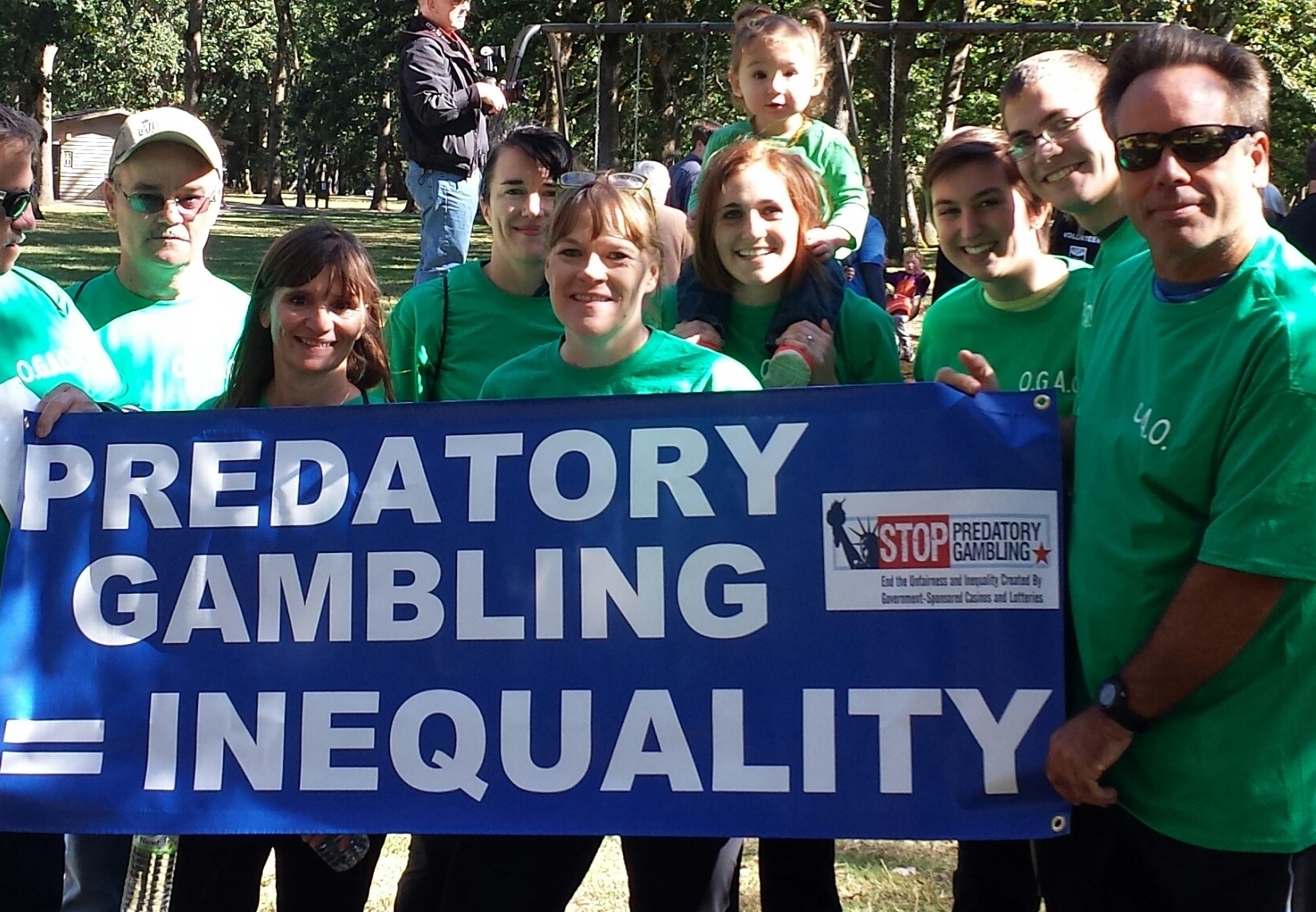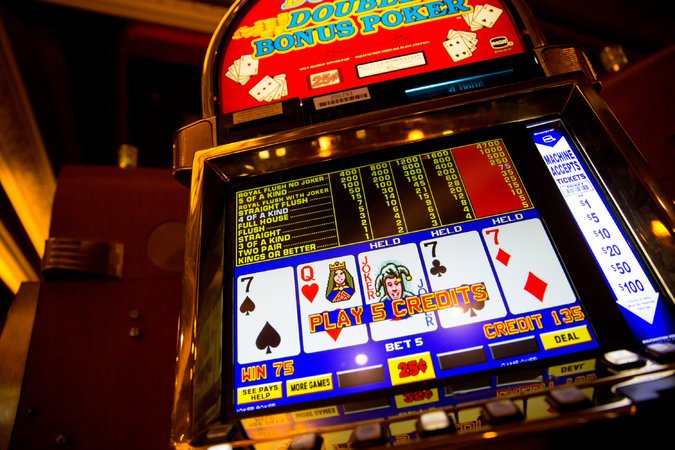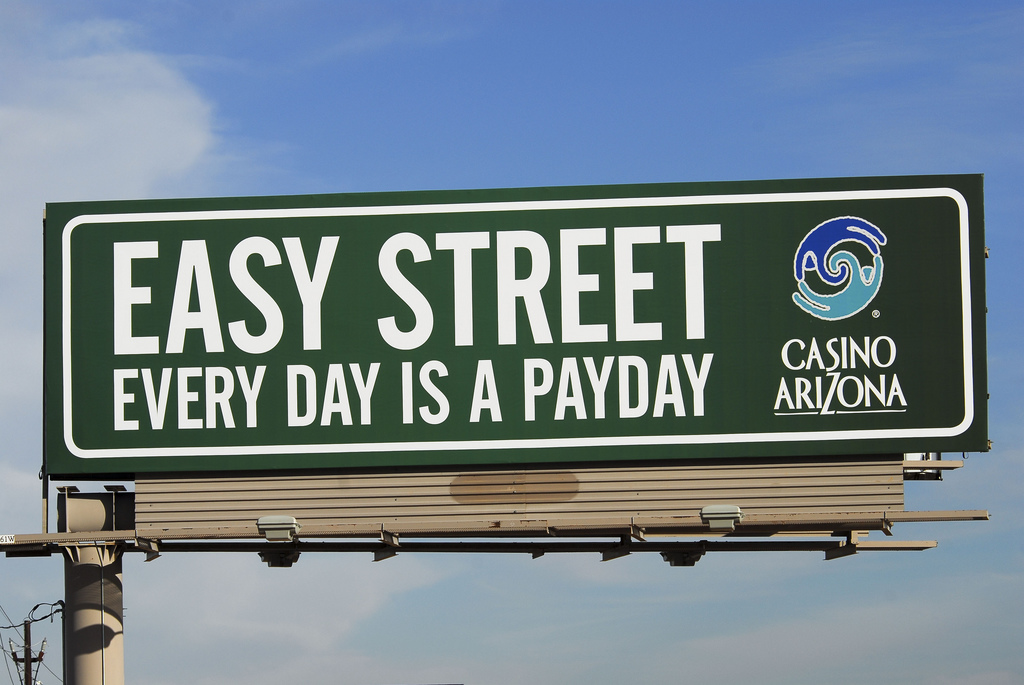To spotlight the 40 million Americans harmed by the greed of big gambling operators and to prevent more victims, we are organizing the National Week of Action to Stop Predatory Gambling, Sept. 29- Oct. 5, 2024.
At least 100 actions will be happening across America and the world during the week.
We are calling for 100% participation from you and everyone who wants a future better than the one predatory gambling offers us. It’s an opportunity for thousands of citizens across the US and the world to act together to confront the unjust and dishonest policy of predatory gambling.
Do your part. Please commit two hours to participate locally in some way during the week of 9/29-10/5. If you can’t commit the time, then please participate by making a gift of $25 or more tax-deductible to support our work locally.
Possible Actions Include: The “action” can be anything you (or your group) want it to be. It could be a prayer vigil, a sign-holding visibility with homemade signs, participating in a “Freedom Players” event at a regional casino (or at a local restaurant/tavern with video gambling machines)…the ideas are limitless.
Also, here is a brief, effective guide that we put together with the Alabama group about how to organize a prayer vigil in your place of worship that weekend.
If you want to stop the harm that predatory gambling inflicts upon your community, then you personally need to act. Don’t think it will happen without your sacrifice because it won’t.




